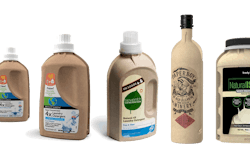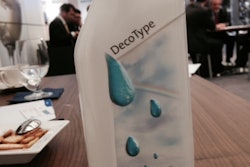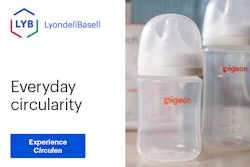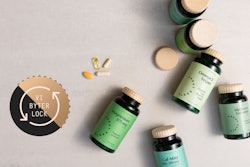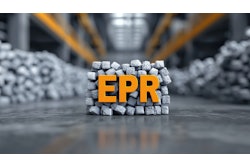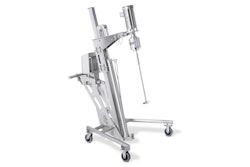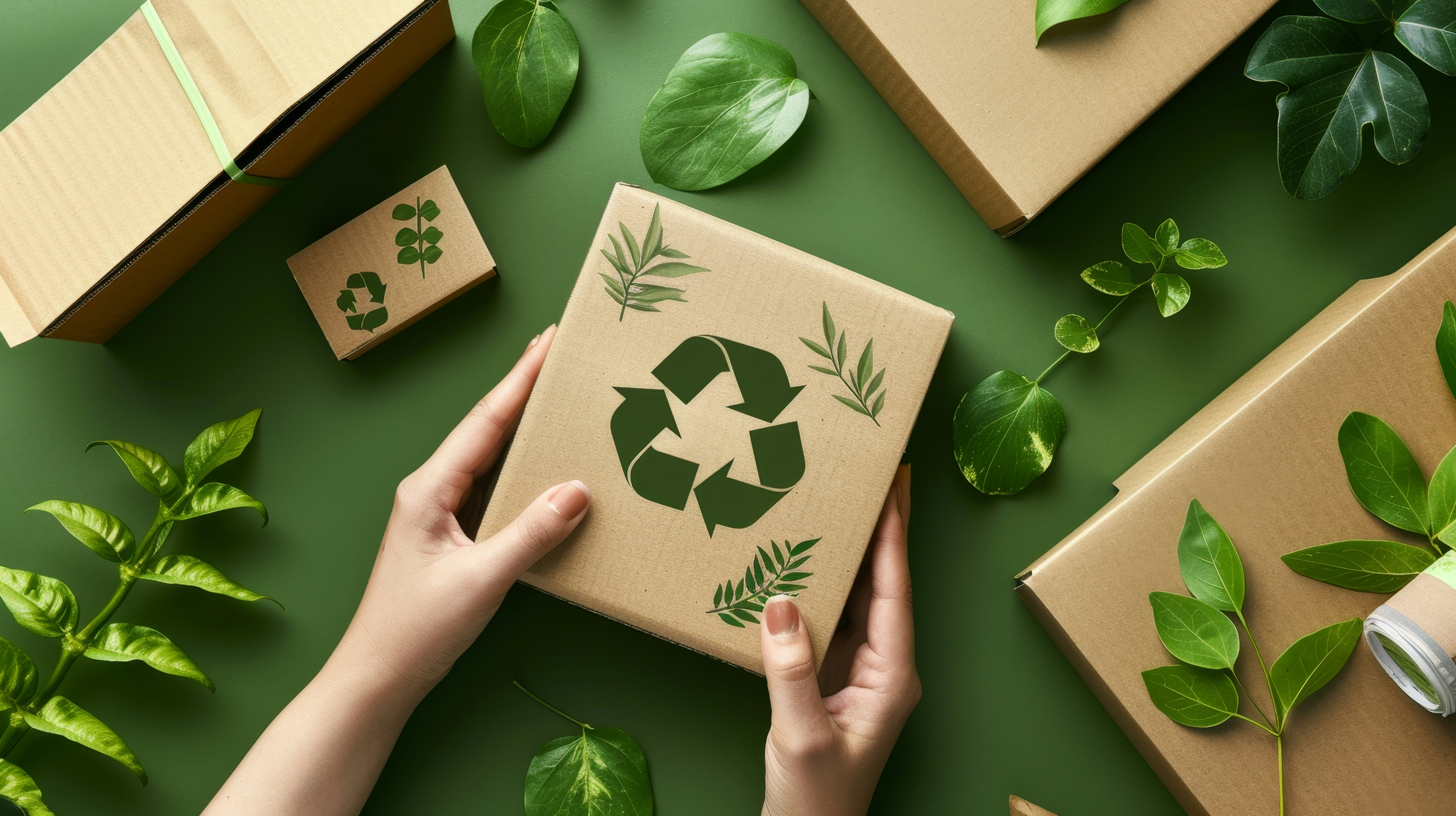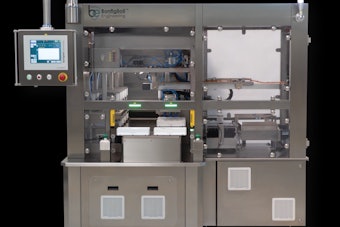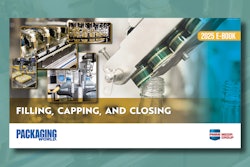Dell has announced new sustainability initiatives that it says have been designed to increase the ways that its IT solutions make lasting contributions to the planet. According to the company, it is the first in the IT industry to introduce carbon-negative packaging, through a partnership with Newlight Technologies, inventor and manufacturer of AirCarbon.
Dell also says it is the first to use UL-Environment certified closed-loop recycled plastics in the manufacturing of computers, in partnership with Wistron GreenTech, a global original design manufacturer and one of Dell’s official environmental partners. The independent, third-party verification of a closed-loop plastics process establishes the first industry standard for closed-loop and supports a circular economy for IT.
CEO Michael Dell relates that the announcement is the next milestone in Dell’s 2020 Legacy of Good plan, which includes 21 sustainability and social goals Dell is committed to reaching by 2020. The overarching goal is to ensure that the good that comes from Dell’s technology will be 10 times what it takes to create and use it.
AirCarbon Packaging
Dell’s new packaging is based on carbon-negative AirCarbon material from biotech start-up, Newlight Technologies. While almost all plastics today are developed from fossil fuels, AirCarbon by Newlight Technologies is a plastic material made from air and greenhouse gases that would otherwise become part of the air. This process sequesters more carbon than it produces, pulling carbon from the air and generating a net positive impact on the environment. AirCarbon has been independently verified by Trucost in cooperation with NSF Sustainability as a carbon-negative material on a cradle-to-grave basis.
The AirCarbon-based packaging will launch this fall beginning with the packaging sleeves around new Dell Latitude series notebooks. Dell is piloting AirCarbon packaging in the U.S., and plans to extend it globally for use in both packaging and products. Previous Dell packaging innovation includes bamboo and wheat straw that helped eliminate 20 million pounds of packaging and saved $18 million. Dell says that the new AirCarbon packaging brings the company another step closer to achieving its goal of using 100-percent sustainable packaging by 2020.
“Dell is using greenhouse gases that would otherwise become part of the air we breathe to replace materials traditionally made by oil,” says Mark Herrema, CEO, Newlight Technologies. “We commend Dell for being the first in the IT industry to introduce packaging that reverses the impact of climate change. Introducing greener packaging at a lower cost per unit than traditional oil-based plastics is good for the environment and Dell’s bottom line.”
Closed-loop recycling
Dell’s new closed-loop supply chain, developed in partnership with Wistron GreenTech, will turn plastics from recycled electronics back into new systems, helping drive a circular economy for IT. Dell will be the first company in the IT industry to use UL-Environment certified closed-loop recycled plastic in a computer with the launch of the Dell OptiPlex 3030 All-in-One desktop, which will be commercially available in June. By reusing plastics already in circulation, Dell is cutting down on e-waste, saving resources, and reducing carbon emissions by 11% compared with virgin plastics. Dell already offers free consumer recycling in 78 countries.
Dell also is the first to secure third-party certification from UL Environment for manufacturing with closed-loop recycled plastics. This first UL Environment certification of its kind verifies that Dell has exceeded the standard of a minimum of 10% of closed-loop post-consumer recycled plastics in the chassis enclosure of all Dell OptiPlex 3030 All-in-Ones globally. Dell plans to use this closed-loop approach as a blueprint for reusing metals and other materials and to accelerate Dell’s goal of using 50 million pounds of recycled-content plastic and other sustainable materials in its products by 2020.


